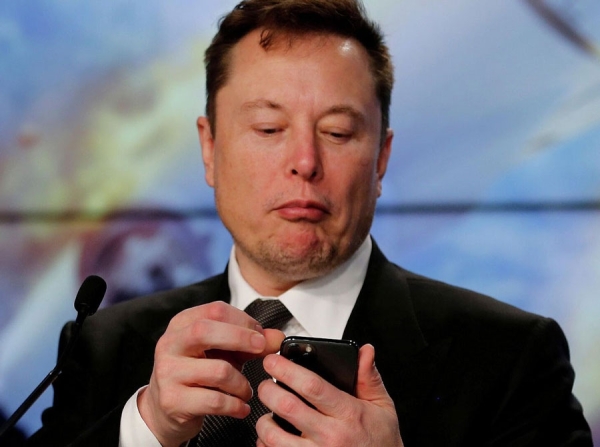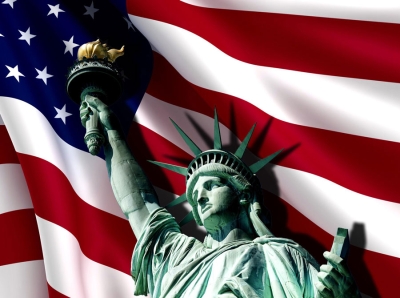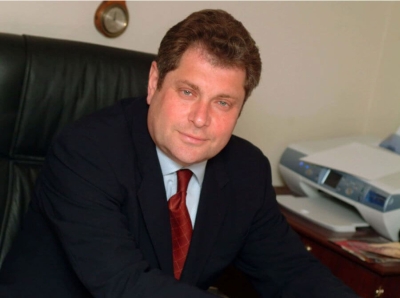The trial against Elon Musk has begun

At the beginning of the week, a trial began in federal court in San Francisco against Elon Musk and Tesla, which investors accuse of manipulating stock prices and are trying to recover damages from such actions.
On August 07, 2018, on his Twitter account, Musk posted a tweet about his idea to turn Tesla from a public company into a private one (in fact, he did this with Twitter 4 years later) and even found funding to buy back shares at $420 (for understanding: the stock price was around $340 and rose within hours to a high of nearly $390, and unit sales increased from an average of 8 million shares per day to 30 million). Next, Musk posted several more tweets to develop his idea.
Taking a company from public to private means buying back shares from investors. This certainly had an impact on Tesla's stock price, but it later turned out that Musk's tweet was not entirely true (or not at all, as the plaintiffs claim). As a result, Musk got into trouble: Investors filed a class-action lawsuit against him, trying to get compensation for their losses of hundreds of millions of dollars, and the Securities Exchange Commission filed its own lawsuit, considering Musk's tweet to be misleading.
Interestingly, the Commission’s claim was very quickly settled by Musk: within a couple of days, the businessman agreed with the Commission on a settlement agreement. Musk paid a fine of 20 million, agreed to follow a new procedure for informing Tesla investors, including information via Twitter, and agreed to resign for three years as chairman of the Board of Directors (with the right of the Commission to extend this period). But the main thing about the world was that Musk was not obliged to admit guilt. Therefore, now the process of the shareholders' claim will take place from beginning to end.
The plaintiffs' main claim is that Musk was lying when he mentioned that financing for the deal had been found. According to the plaintiffs' calculations, financing the deal would require approximately $72 billion, which Musk could not get anywhere. Indirect evidence was also the fact that the transformation of the company from public to private never began.
Even before the start of the process, Musk tried to move the consideration of the case from California to Texas (Tesla’s headquarters moved there some time ago), since after the story of the layoffs on Twitter, Californians (and especially residents of San Francisco) have a negative attitude towards Musk. Senior Judge Edward Chen disagreed, expressing confidence that the parties would be able to select an impartial jury.
Author: Igor Slabykh



